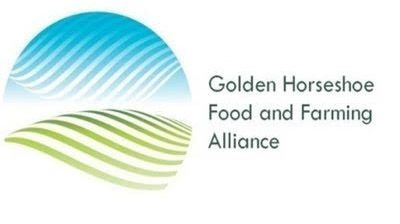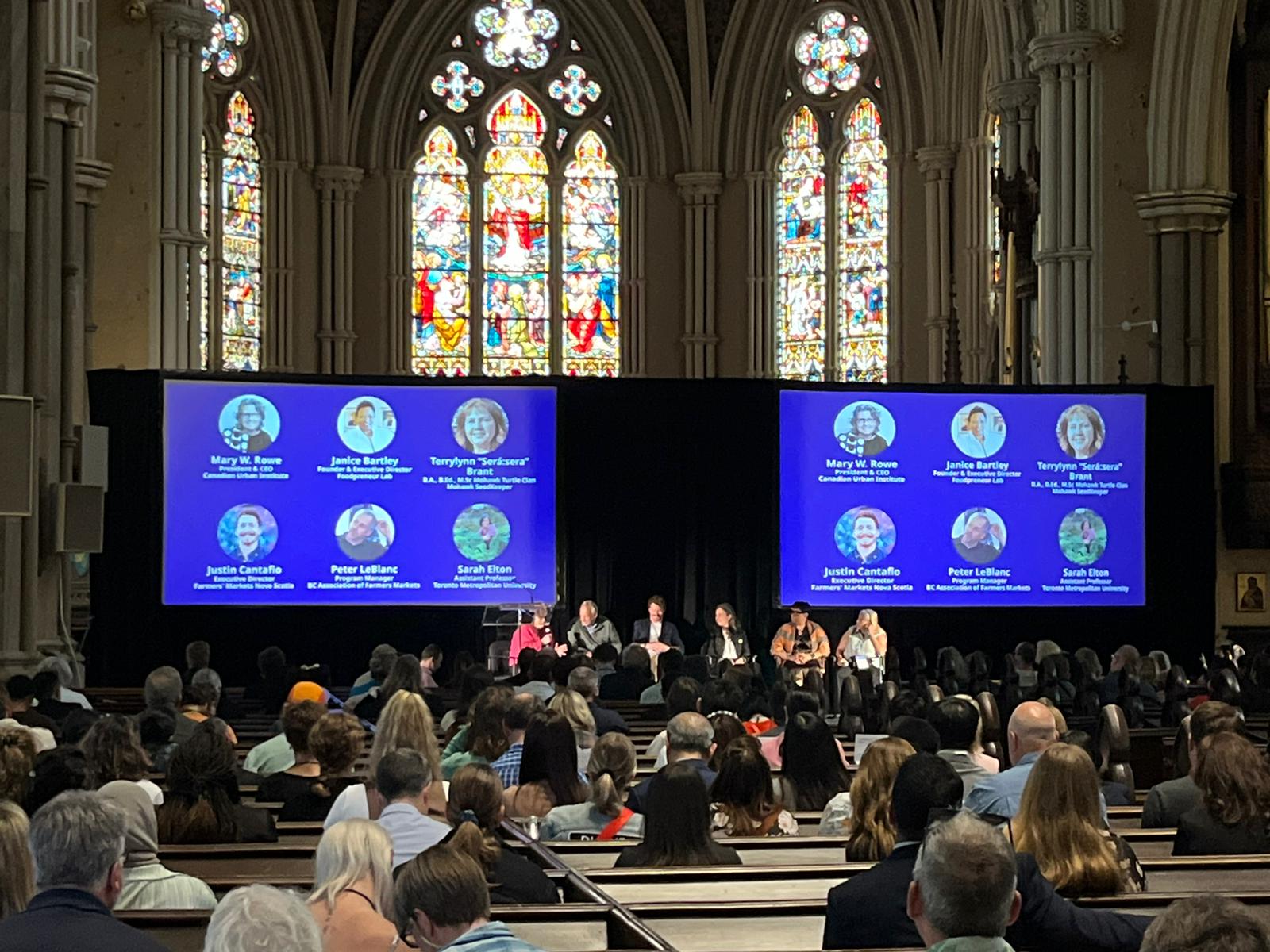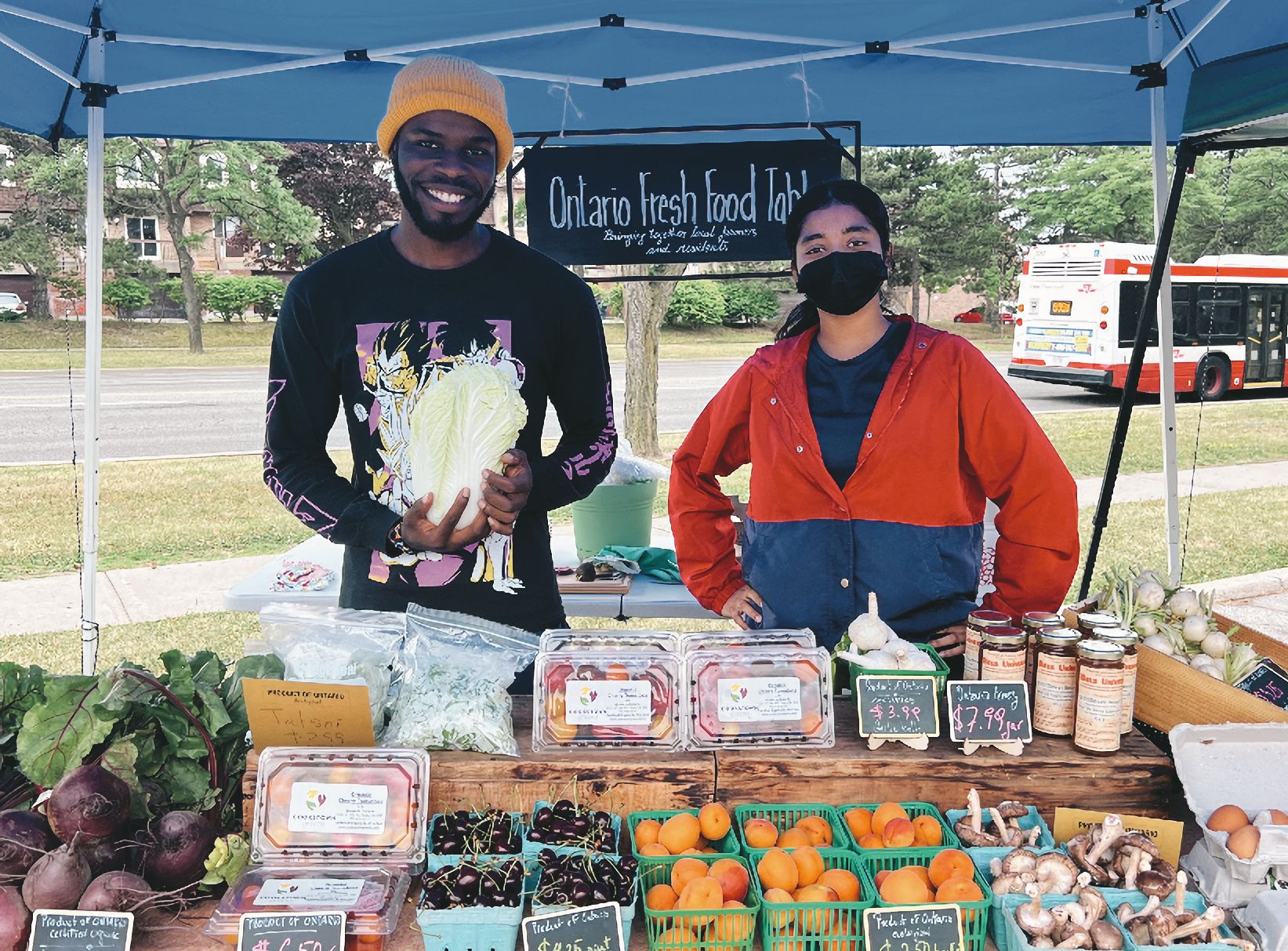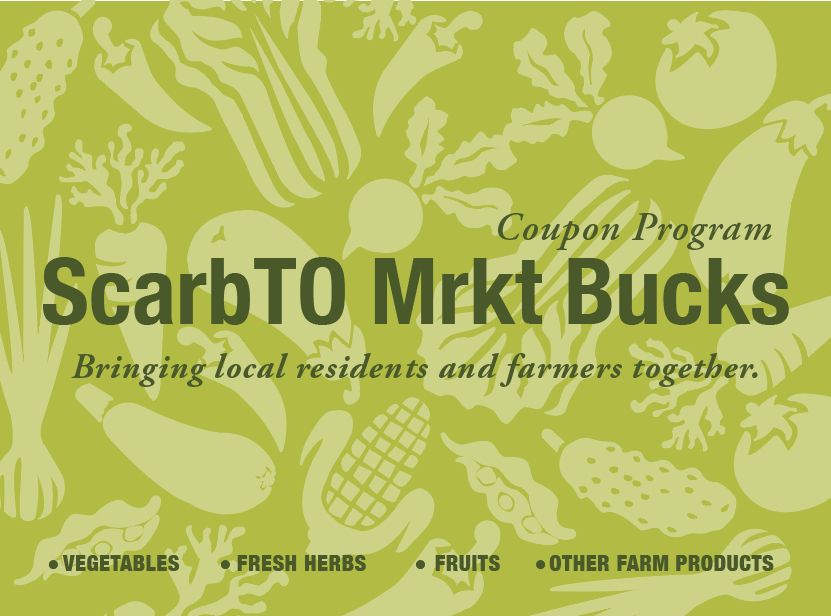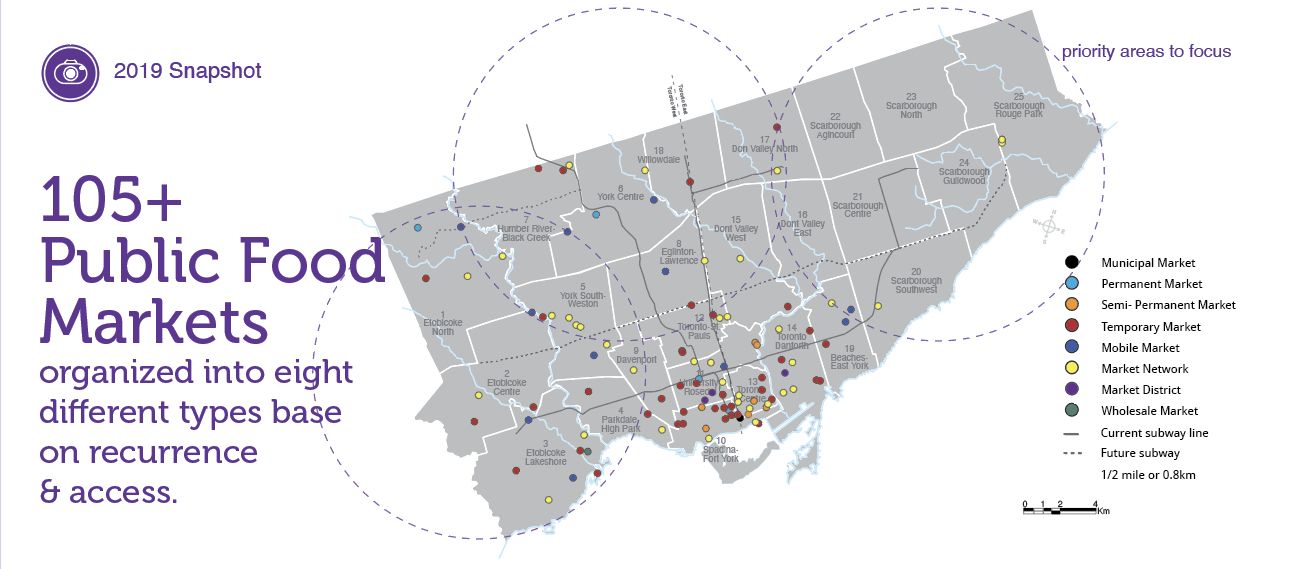Last June, Toronto hosted the 11th International Public Market Conference, where the City of Toronto announced an official Public Markets Week.
Hosted by Project for Public Spaces, in partnership with St. Lawrence Market, the City of Toronto Economic Development Food Cluster Division, and marketcity TO.
The event drew 376 global leaders, including market managers, government, academia, civic society and the private sector from 130 cities and 23 countries.
It was an incredible event and a milestone in our city's journey to be a Market City!
The conference allowed Toronto market leaders to collaborate, share ideas, and learn from a global network of peers. The conference showcased Toronto’s grassroots approach to building a Market City, and most importantly, it spurred much-needed action in our city. Check the conference program.
Enjoy this beautiful video and read the Project for Public Spaces Report!


